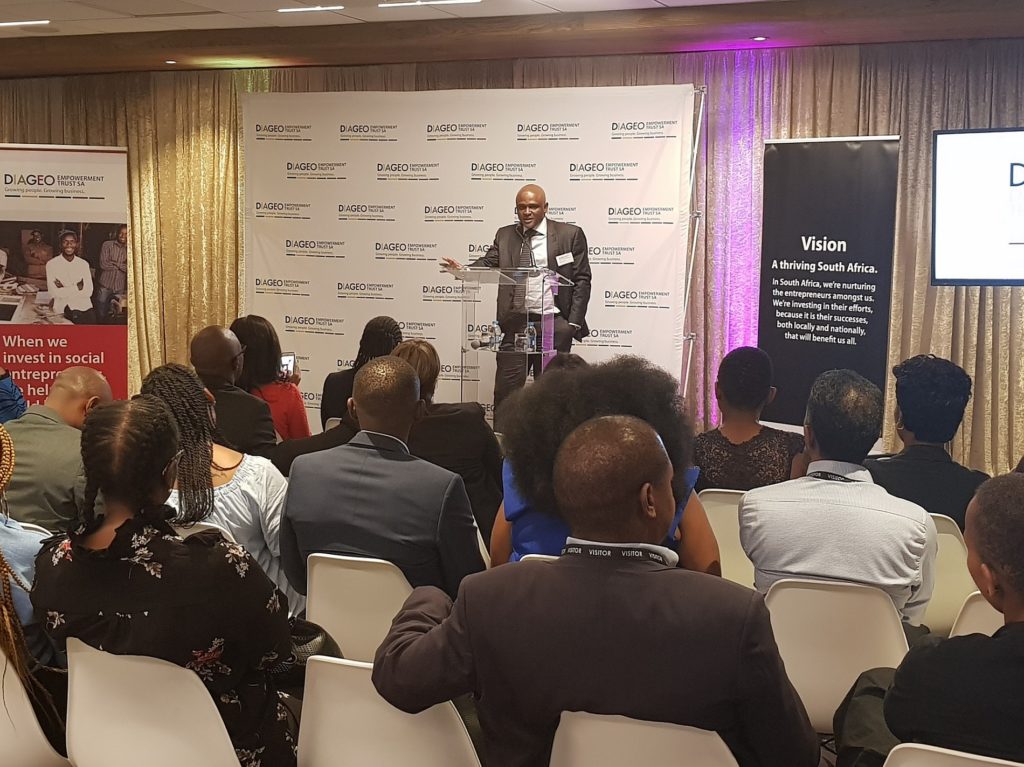The Diageo Empowerment Trust South Africa (DETSA) is extending opportunities to ambitious sorghum farmers in KwaZulu-Natal specifically Danhauzer, Umzimkhulu and Vryheid and the Eastern Cape (Mqekwezeni, Ngendese, and Tabase) who would like to supply the United National Breweries. The opportunity is open to farmers who qualify as Exempt Micro Enterprises (EMEs) or Qualifying Small Enterprises (QSEs) in terms of the official Broad-Based Black Economic Empowerment Codes.
“DETSA aims to stimulate community economies, create local jobs and grow the national economy. To do this, we aim to create a new cadre of successful black entrepreneurs and integrate them into the mainstream economy,” explains Sinethemba Mafanya, Manager, Diageo Empowerment Trust SA. “Creating a vibrant and competitive sorghum-farming sector is one of our key initiatives because it has the potential to provide opportunities for rural businesses, many of which are headed by women.”
“We are now looking for a second group of farmers who want to join this successful initiative and are eager to compete in bigger markets,” he says. “If you will commit to adhering to a precise growing programme, and can deliver as required, we would like to hear from you.”
DETSA will provide successful applicants with both capital and mentoring in order to maximise their chances of success. It will also help them market themselves to new markets to ensure vital cash flow.
Because the call is currently targeted at specific areas, DETSA will facilitate the applications for participation in this programme through its partner, Aurik Business Accelerator and various channels will be used to reach interested farmers in those areas. Post application, registered farmers in those regions will attend compulsory briefings during this month (May).
At these briefings, applicants will learn about the opportunity requirements and the scope of supply. Thereafter, applicants will have to complete an online application which will be used to create a shortlist. Shortlisted applicants will then be asked to provide compliance documents and proposals.
Those on the final shortlist will be asked to make a presentation to DETSA.
“This is a great opportunity to leverage traditional skills that our communities already possess, and use them to create prosperity in our disadvantaged, rural areas,” Mafanya said.



